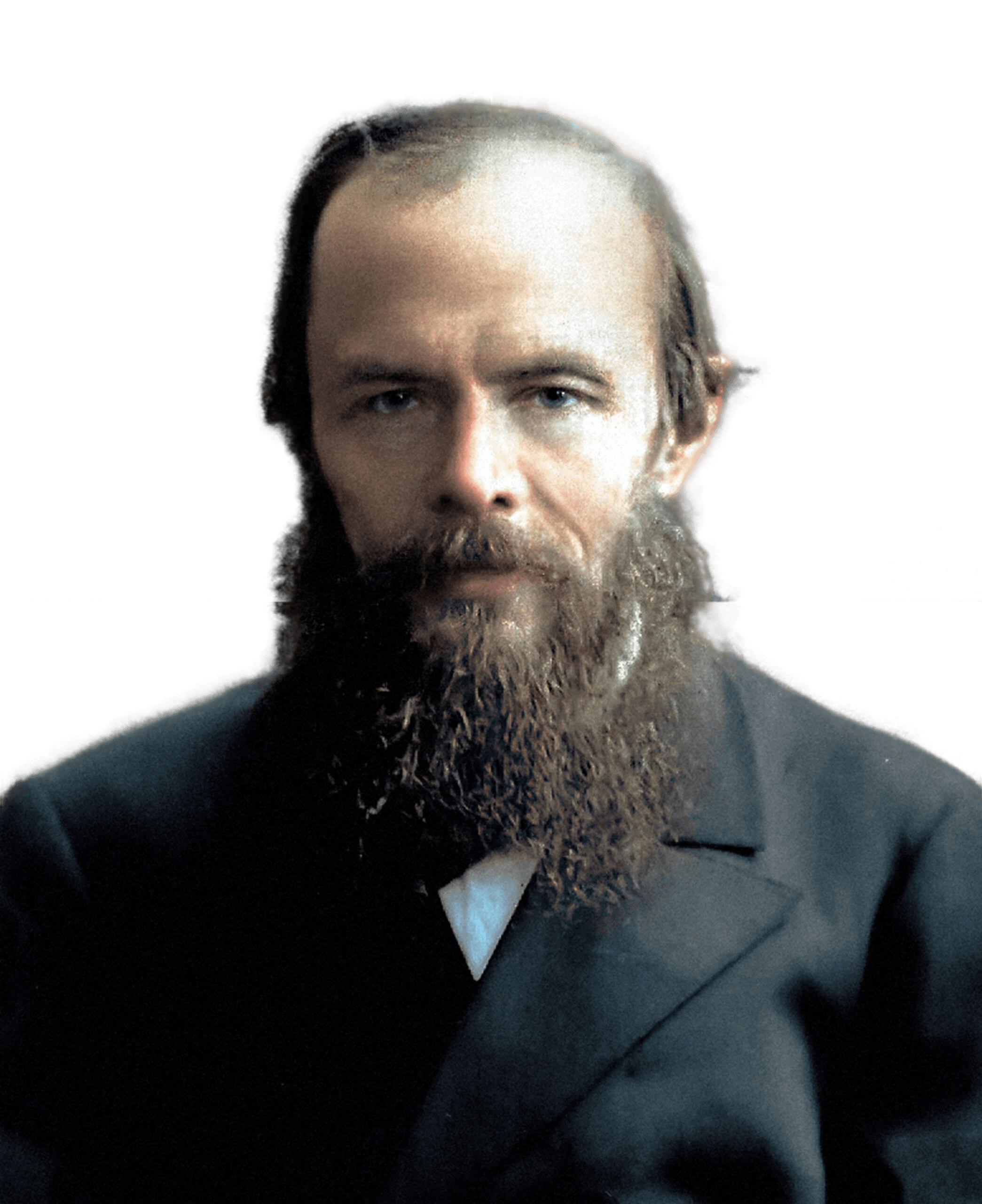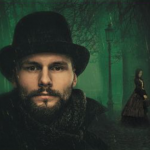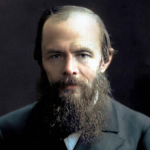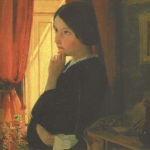
21.12.2022
The Humiliated and Insulted is a novel by Fyodor Dostoyevsky, written some time after his return from exile, where he had been in exile. In 1857 Dostoevsky already had some sketches of a future novel and was considering the idea, but he did not take up his pen until several years later. The spring 1861 issue of Vremya magazine published the first part of the novel, and each issue thereafter contained a sequel.
It is interesting to note that The Humiliated and the Insulted was Dostoevsky’s first major work in which he showed the foundations, problems and achievements of the society of those times. “Poor people”, left without protection and support, is the theme of the novel. These people are humiliated, insulted and disadvantaged. The novel can be regarded as something of an experiment to the writer, as it is only in the following works that he worked out the details. We are talking about certain artistic methods, plot lines and images.
The characters of the novel
To make the analysis of the novel “The Humiliated and Insulted” more complete, let’s pay attention to the heroes of the work. For example, Peter Aleksandrovich Valkovsky’s image is not the most appealing – he is completely given to the service of evil, and in him the author has collected all the negativity of the rich society. Valkovsky is selfish, he is callous and very self-serving. This man is no stranger to meanness and cruelty, and for the sake of money he is willing to do anything. Even his marriage was a marriage of convenience, for when he got what he wanted, that is, material gain, he even threw out of the house Nelly’s mother, who was pregnant.
Or if you look at Valkovsky’s son – he is of no use to his father until he sees an opportunity to marry him off successfully. In order to do this the Prince is prepared to destroy the wellbeing of the Ikhmenov family. He unashamedly slanders the man who is raising his child and who has helped restore the property that is on the brink of ruin. When analysing the novel “The Humiliated and the Insulted” it is clear that Prince Valkovsky has repaid the landowner Nikolai Sergeevich with good for evil.
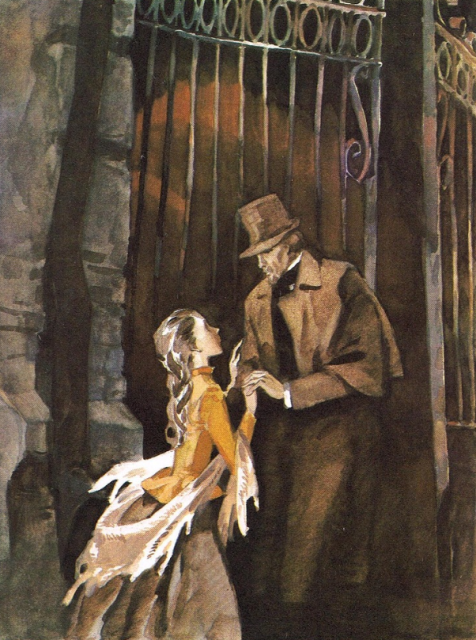


Despite the beauty of the prince, his nature is repulsive, and the further we go, the more clearly it is seen that behind the niceness and outward gloss – insidiousness and greed. However, there is a totally opposite character in the novel – the narrator, Ivan Petrovich. The young Fyodor Dostoevsky reminds readers very much of this novice writer. He is noble, ready and willing to help total strangers, although he himself is not rich, if not poor. These two characters are directly opposite to each other, be sure to take this into account in your literary analysis of the novel. Having seen how self-interested the prince was, we see Ivan Petrovich selflessly and kindly supporting Nelly. He can even take the step of being noble in love – giving up the girl he loves to another man so that she stays with another man, just to make himself happy.
The problem of egoism in the analysis of the novel “The Humiliated and the Insulted”
This novel is essentially a psychological essay, where the author thoroughly explores such a phenomenon as human egoism. And its most striking manifestation is the behaviour of Valkovsky. Let us also mention his son Alexei. He too is an egoist by nature, and the prospect of a rich life beckons to him. When the question arises as to whom to prioritise – Katya or Natasha, Alexei chooses the richer bride, i.e. Katya. The young man fears that once he loses the material support of his father, his life of ease will come to an end, and even the fact that Natasha is willing to work does not interest him.
The problem of selfishness is also visible when looking at Natasha’s character, because focusing on her own suffering, she does not care about what happens to her parents. She is blinded by her feelings for Alexei, but they cannot be called true love, it is also a manifestation of selfishness. Obsessed by hatred and deep resentment, old Smith and Nikolai Ikhmenev can also be called selfish, for they are indifferent to their loved ones, and their pride is above everything else.
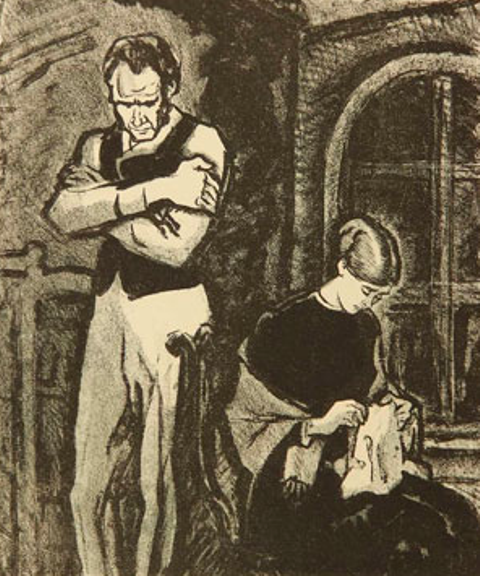
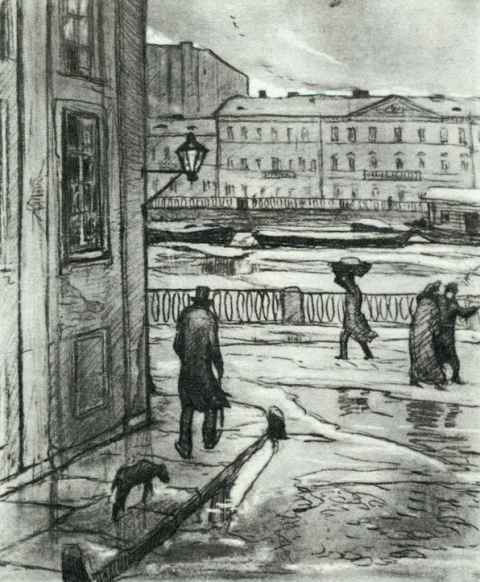

The image of Nelly also underlines Dostoyevsky’s thought regarding selfishness in society. True, her selfishness can be called “the selfishness of suffering”. She feeds on feelings of self-pity, and is already used to feeling the role of victim. Nelly doesn’t trust anyone, sees those around her as cruel and heartless, and is against anyone caring about her. The girl thinks it is better to let her starve, vagabond, and lead a miserable existence, but Nellie is not ready for change.
Other details of the analysis
Interestingly, it is difficult to single out a main character in the novel, there are several, if we think of Prince Valkovsky, Natasha Ikhmenova and Ivan Petrovich. Dialogues are of enormous importance in the work, because it is there that Dostoevsky reveals the images of his characters, exploring feelings and the inner man. Symbolic scenes also occupy an important place, but they could be the subject of a separate discussion.
